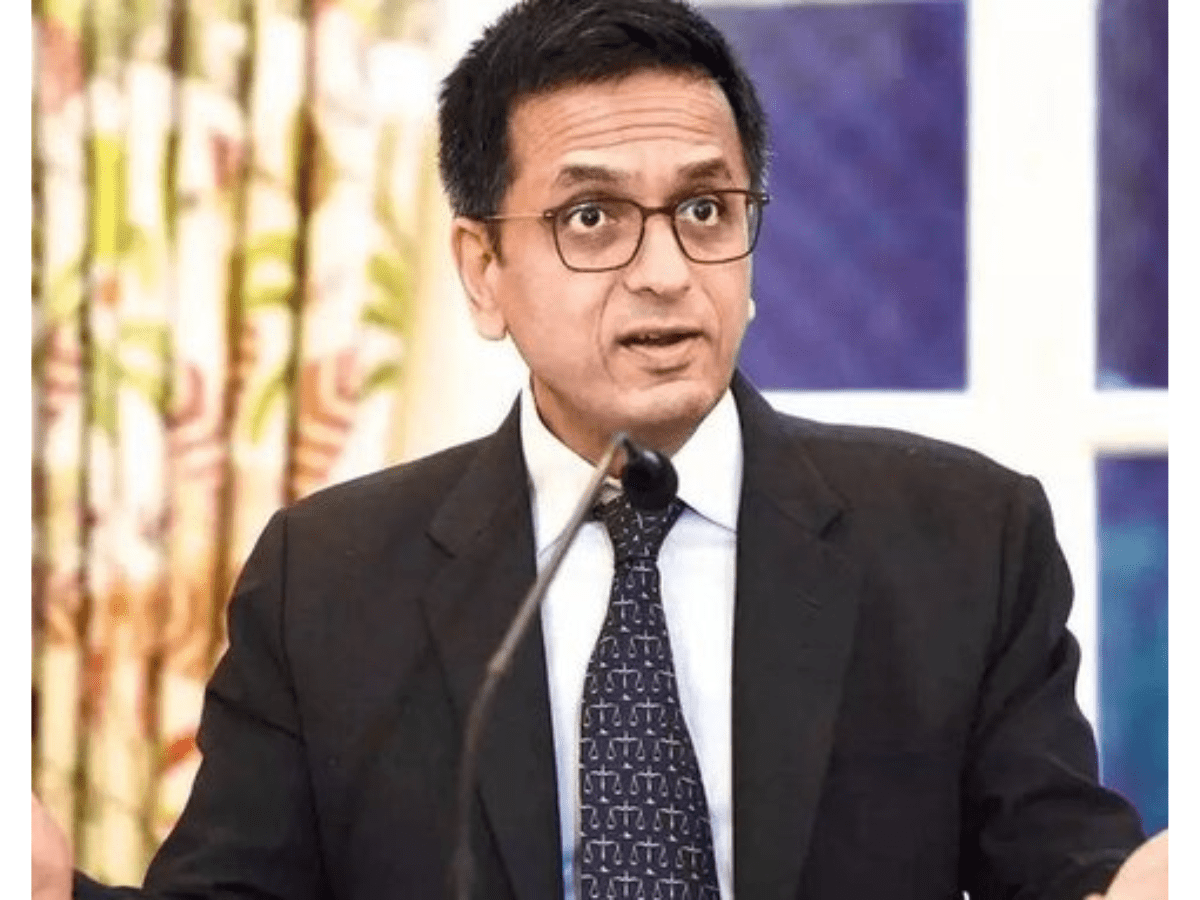
New Delhi: The Supreme Court on Monday declined to accept the Central government’s sealed cover note about its views on the payment of One Rank One Pension (OROP) arrears to ex-service personnel.
A bench headed by Chief Justice D.Y. Chandrachud asked the Attorney General (AG), R. Venkataramani, to share a note with senior advocate Huzefa Ahmadi, representing the ex-servicemen.
The AG replied that it is a confidential note to which the Chief Justice said, “We need to put an end to this sealed cover practice in the Supreme Court.”
The bench also comprising Justices P.S. Narasimha and J.B. Pardiwala wondered what could be secrecy in the matter, which is pertaining to the implementation of the court orders.
The Chief Justice said, “I am personally averse to sealed covers. What happens is, we see something, he does not see. And we decide the case without showing it to him. This is fundamentally contrary to the judicial process. There cannot be secrecy in the court. The court has to be transparent.”
The bench further added that this is a payment of pension in pursuance of directions in the judgment of the court. The Chief Justice told the AG, “What can be the great secrecy in this?”
The AG submitted that there are some “issues of sensitivity”.
The bench orally observed that it needs to put an end to this sealed cover procedure which is being followed in the Supreme Court because then the high courts will also start following.
“And this is fundamentally contrary to the basic process of fair justice,” the bench reiterated.
The top court made these observations while hearing the Indian Ex-Servicemen Movement’s (IESM) plea over payment of OROP dues. Last week, the top court reprimanded the Central government for “unilaterally” deciding to pay OROP dues in four instalments.
On March 13, the Supreme Court asked the Ministry of Defence to come up with a roadmap for the payment of arrears under the OROP scheme by next week, and also told the Ministry that it cannot take law in its own hands by issuing communication on payment of arrears in four instalments.
The top court told the AG to submit a comprehensive note by Monday next week showing steps taken so far and also the shortest possible time to pay the arrears.
“Our concern is that our ex-Army personnel should get the money. It is also sad that four lakh people have died. Come with a good note on Monday… what exactly quantum which has to be paid. Two, what are the modalities for payment, and three, what are the prioritisation. The oldest people, you can take widows first of Army personnel, you can have some categorization,” noted the top court.
The Defence Ministry has submitted a compliance note in the top court, giving the time schedule for payment of the arrears of Rs 28,000 crore to ex-servicemen for years 2019-22.
